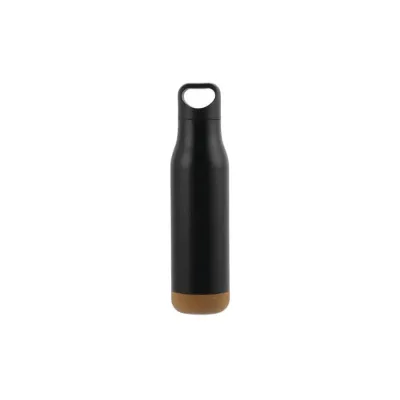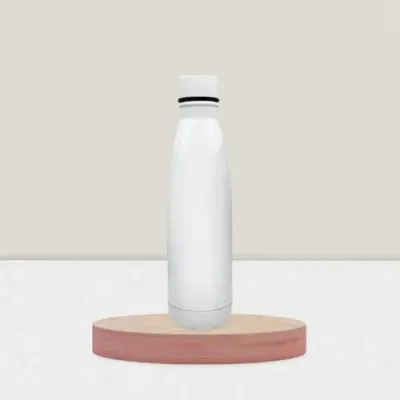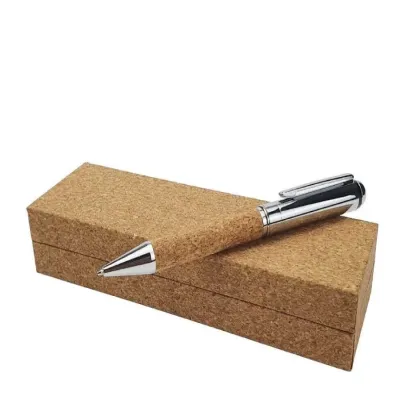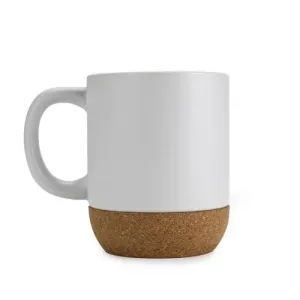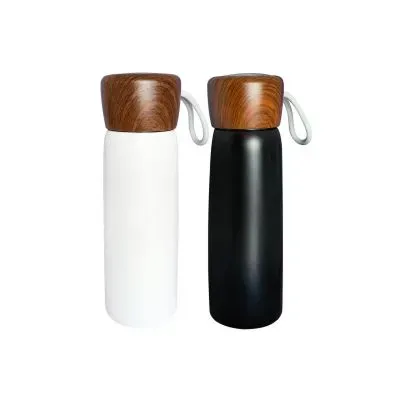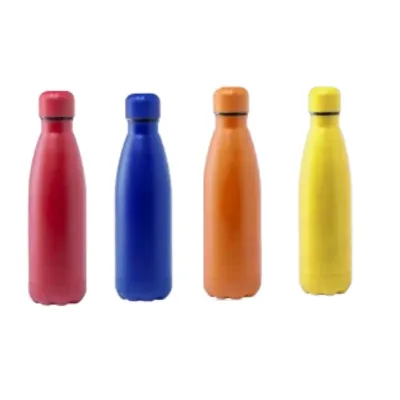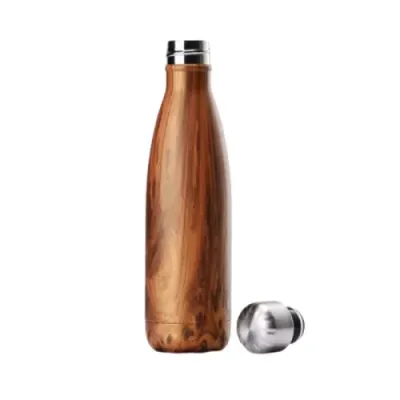The Art of Minimalist Living- Decluttering for a Simpler Life
In a world that often glorifies excess and consumption, minimalist living stands out as a beacon of simplicity and intentionality. At its core, minimalist living is about stripping away the unnecessary and focusing on what truly matters. It's a lifestyle choice that emphasizes owning fewer possessions, prioritizing experiences over material goods, and cultivating mindfulness in all aspects of life. One of the key practices in minimalist living is decluttering – the deliberate act of removing physical and mental clutter from our lives. This essay explores the art of minimalist living through the lens of decluttering, examining its psychological benefits, practical techniques, challenges, and the transformative impact it can have on our everyday lives.
Understanding Minimalist Living
Minimalist living is more than just a design aesthetic or a trend; it's a philosophy that challenges the notion that happiness and fulfillment come from owning more stuff. Instead, minimalism encourages us to reevaluate our relationship with possessions and seek contentment in simplicity. At its essence, minimalist living is about living intentionally – making deliberate choices about what we bring into our lives and what we let go of. It's about focusing on the things that add value and meaning to our lives while letting go of the rest. By embracing minimalism, we can free ourselves from the burden of excess and create space for what truly matters – whether that's pursuing our passions, spending time with loved ones, or simply enjoying the present moment.
The Psychological Benefits of Decluttering
Decluttering is a central tenet of minimalist living, and for good reason – it offers a multitude of psychological benefits that can positively impact our well-being. One of the most immediate benefits of decluttering is a reduction in stress and anxiety. Cluttered environments can overwhelm the mind, leading to feelings of chaos and disorganization. By clearing away physical clutter, we create a sense of order and calm in our surroundings, which can help reduce stress levels and promote a greater sense of peace.
In addition to reducing stress, decluttering can also enhance our focus and productivity. A clutter-free environment fosters mental clarity and allows us to concentrate on the task at hand without distraction. When our surroundings are tidy and organized, we're better able to prioritize our time and energy, leading to greater efficiency and productivity in our daily lives.
Furthermore, decluttering can have a profound impact on our mood and emotional well-being. Studies have shown that living in a cluttered environment can contribute to feelings of depression and anxiety, while a clean and organized space can promote feelings of happiness and contentment. By decluttering our homes and workspaces, we create a more positive and uplifting environment that can improve our overall quality of life.
Decluttering Techniques for Minimalist Living
There are many different approaches to decluttering, each with its own unique benefits and challenges. One popular method is the KonMari Method, developed by Japanese organizing consultant Marie Kondo. The KonMari Method encourages us to declutter our possessions by asking a simple question: "Does this spark joy?" By focusing on the things that bring us joy and letting go of the rest, we can create a more harmonious and joyful living space.
Another effective decluttering technique is the 90/90 Rule, which involves asking ourselves whether we've used an item in the past 90 days and whether we're likely to use it in the next 90 days. If the answer is no, it may be time to let go of that item and free up space for something else.
Similarly, the One in, One out rule can help us maintain balance in our possessions. This rule states that for every new item we bring into our lives, we should let go of one existing item. By following this rule, we can prevent clutter from accumulating and ensure that our belongings remain manageable.
In addition to decluttering our physical spaces, it's also important to declutter our digital lives. Digital clutter, such as emails, photos, and apps, can be just as overwhelming as physical clutter, if not more so. By organizing and minimizing our digital possessions, we can create a more streamlined and efficient digital environment that supports our minimalist lifestyle.
Overcoming Challenges in Adopting Minimalism
While the benefits of minimalist living and decluttering are clear, adopting a minimalist lifestyle is not without its challenges. One of the biggest challenges is overcoming emotional attachment to possessions. Many of us form emotional connections to our belongings, whether it's because of sentimental value, nostalgia, or a sense of identity. Letting go of these possessions can be difficult, but it's essential to remember that our worth and identity are not defined by our possessions. By letting go of the things that no longer serve us, we can create space for new experiences and opportunities to enter our lives.
Another challenge in adopting minimalism is navigating social pressures and consumer culture. In a society that values material wealth and possessions, it can be challenging to resist the urge to keep up with the Joneses and accumulate more stuff. However, it's important to remember that true happiness and fulfillment come from within, not from external possessions. By focusing on our own values and priorities, we can resist the pull of consumerism and live more authentically.
Finally, many people struggle with a fear of scarcity when it comes to minimalism. The idea of living with less can be daunting, especially in a culture that equates abundance with success. However, minimalism is not about depriving ourselves or living in lack; it's about prioritizing what truly matters and letting go of the rest. By embracing minimalism, we can discover a newfound sense of abundance in our lives – abundance of time, space, and freedom.
Embracing Minimalism in Everyday Life
Despite the challenges, embracing minimalism can have a transformative impact on our everyday lives. By simplifying our living spaces, we can create a more peaceful and harmonious environment that supports our well-being. Decluttering our homes allows us to focus on the things that truly matter – whether it's spending time with loved ones, pursuing our passions, or simply enjoying the present moment.
In addition to simplifying our physical spaces, minimalist living also encourages us to cultivate mindfulness in all aspects of life. By practicing gratitude, meditation, and self-reflection, we can become more intentional about how we live and what we prioritize. Mindfulness allows us to appreciate the beauty and abundance that already exists in our lives, rather than constantly striving for more.
Furthermore, minimalist living encourages us to prioritize experiences over material possessions. Instead of measuring our success and happiness by the things we own, we can focus on the experiences that bring us joy and fulfillment. Whether it's traveling, exploring nature, or spending quality time with loved ones, investing in experiences allows us to create lasting memories and meaningful connections that far outweigh any material possessions.
In today's fast-paced world, our physical spaces often mirror the clutter within our minds. We accumulate possessions, overwhelmed by a constant feeling of "needing more." Minimalist living offers a refreshing alternative, proposing a path to freedom through decluttering. This approach isn't just about aesthetics; it's about creating a space that fosters intentional living and ultimately, a simpler, more fulfilling life.
Decluttering: More Than Just Tidying Up
While decluttering may seem like a simple act of organizing your belongings, it's far more profound. It's a conscious decision to let go of what no longer serves you, freeing up both physical and mental space. The process can be surprisingly cathartic, allowing you to focus on what truly matters. Minimalism encourages a shift from a mindset of acquisition to one of mindful consumption. It's about asking yourself: "Do I truly need this?" before bringing another item into your life.
Benefits of Minimalist Living: More Than Just a Clean House
The benefits of minimalist living extend far beyond a clutter-free space. Here's how embracing minimalism can enhance your well-being:
- Increased Focus and Clarity: When your environment is free of visual clutter, your mind can focus more easily. This leads to greater productivity and a sense of calm.
- Reduced Stress: Clutter can be a significant source of stress. Decluttering your space removes this burden, promoting a sense of peace and well-being.
- Enhanced Mental Health: Studies have shown a link between clutter and anxiety. By minimizing clutter, you create a space conducive to mental clarity and relaxation.
- Space Optimization: Minimalism encourages you to maximize the functionality of your space. This can lead to improved organization and a greater sense of spaciousness, even in a small living area.
- Mindful Consumption: Minimalism fosters a conscious approach to spending. You become more selective about what you bring into your life, prioritizing experiences and meaningful possessions over fleeting trends.
Embracing Minimalism: A Journey, Not a Destination
Minimalism is not about achieving a picture-perfect, stark space. It's a personal journey of letting go and finding what brings you joy. Start small and declutter one area at a time. Ask yourself if each item serves a purpose or sparks joy. If not, consider letting it go.
The rewards of minimalist living are far-reaching. By embracing this approach, you not only declutter your physical space but also create a sanctuary for your mind. This newfound simplicity paves the way for a life of increased productivity, reduced stress, and a sense of peace that allows you to truly thrive. So, take a deep breath, begin your decluttering journey, and discover the joy of intentional living.
Conclusion
The art of minimalist living offers a powerful antidote to the excess and consumerism that often dominate modern life. By decluttering our lives and embracing simplicity, we can create space for what truly matters – whether it's pursuing our passions, spending time with loved ones, or simply enjoying the present moment. While adopting a minimalist lifestyle may come with its challenges, the benefits – both psychological and practical – far outweigh the costs. Ultimately, minimalist living is not about deprivation or sacrifice; it's about choosing to live with intention and purpose, and in doing so, discovering a more fulfilling and peaceful way of life.


